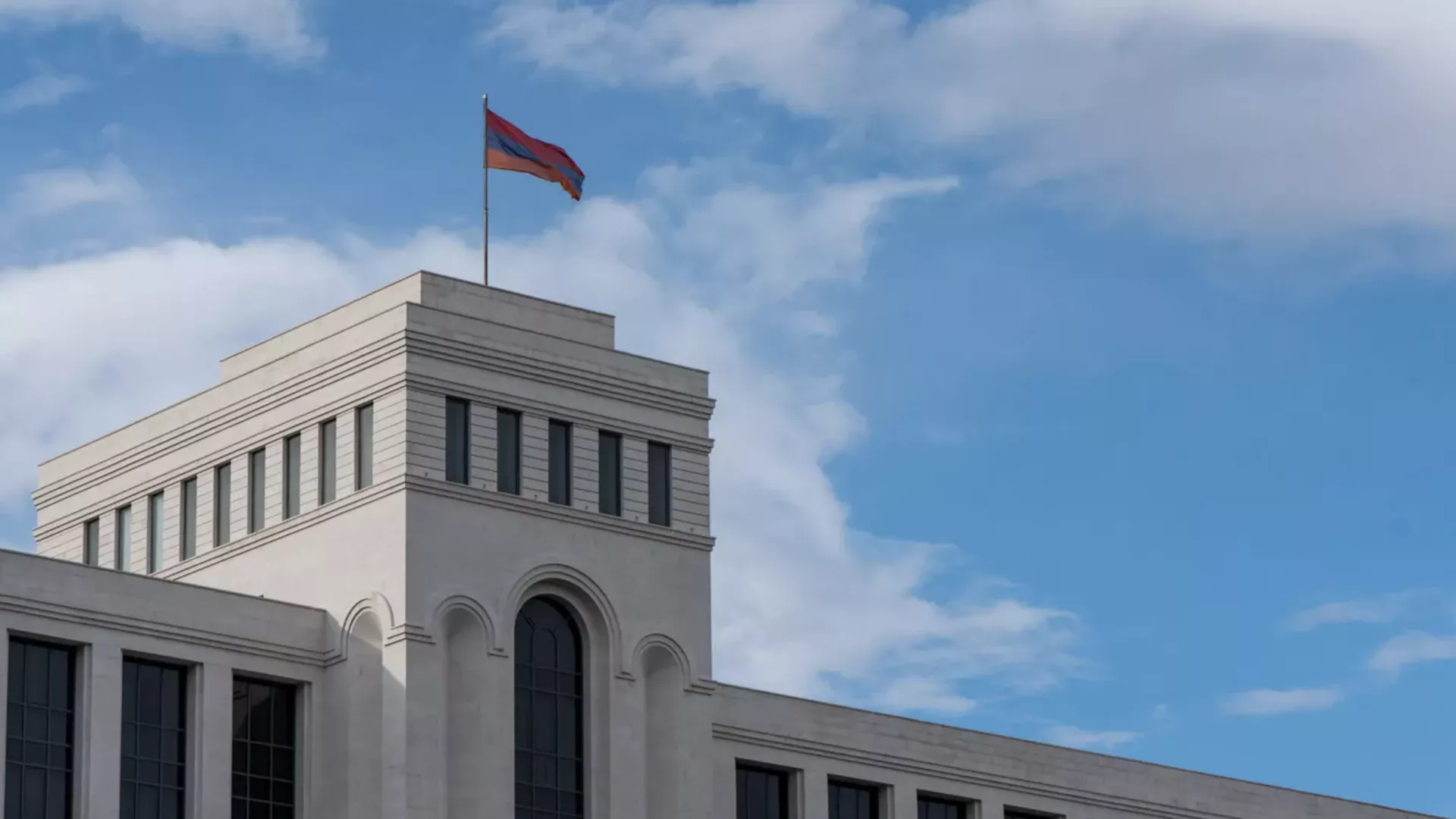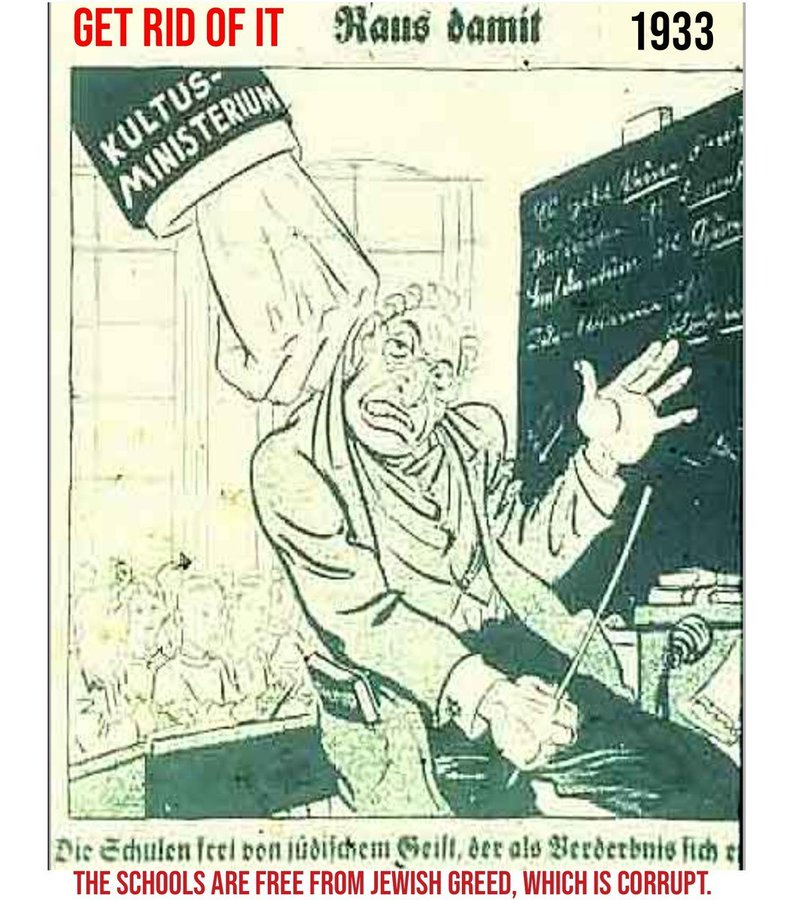Political Milestone: France's Government Resigns for the First Time Since 1962
France faces its first government resignation over a no-confidence vote since 1962. The trigger: a divisive 2025 budget.

On December 4, the French National Assembly voted to remove Prime Minister Michel Barnier’s government. This came just two days after the administration tried to pass budget measures without parliamentary approval.
What caused the crisis?
The main issue was the proposed 2025 budget, which included:
- €40 billion in spending cuts.
- €20 billion in tax hikes for corporations and the wealthy.
The budget aimed to reduce the deficit but faced strong opposition. The far-right condemned it as anti-business, while the left called it a blow to social policies.
On December 2, Barnier invoked Article 49.3 of the Constitution, allowing the government to bypass parliament. This sparked outrage and led to the no-confidence vote.
What happens next?
President Emmanuel Macron must appoint a new prime minister. However, his party lacks a parliamentary majority, making it difficult to form a stable government.
The opposition is pushing for early elections. Marine Le Pen, leader of the far-right National Rally, stated, “Macron is losing control. If he continues to ignore parliament, we’ll force new elections.”
Why does it matter?
The situation highlights the deep polarization in French politics. The government is trying to push through economic reforms but faces resistance on all sides.
As France enters 2024, it grapples with rising debt, inflation, and widespread protests. Political instability further complicates efforts to address these challenges.
The editorial board is not responsible for the content and accuracy of material taken, sent or obtained from other sources. The publication of such materials is for informational purposes only and does not imply automatic endorsement or approval of their content.

























